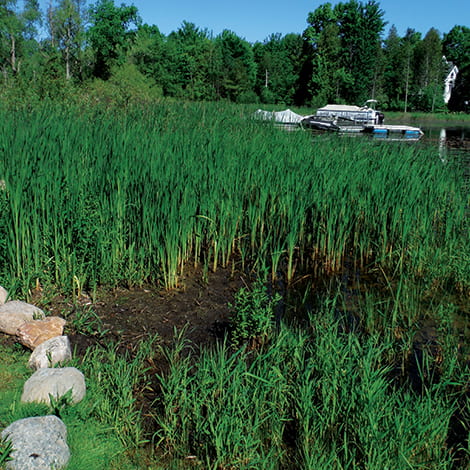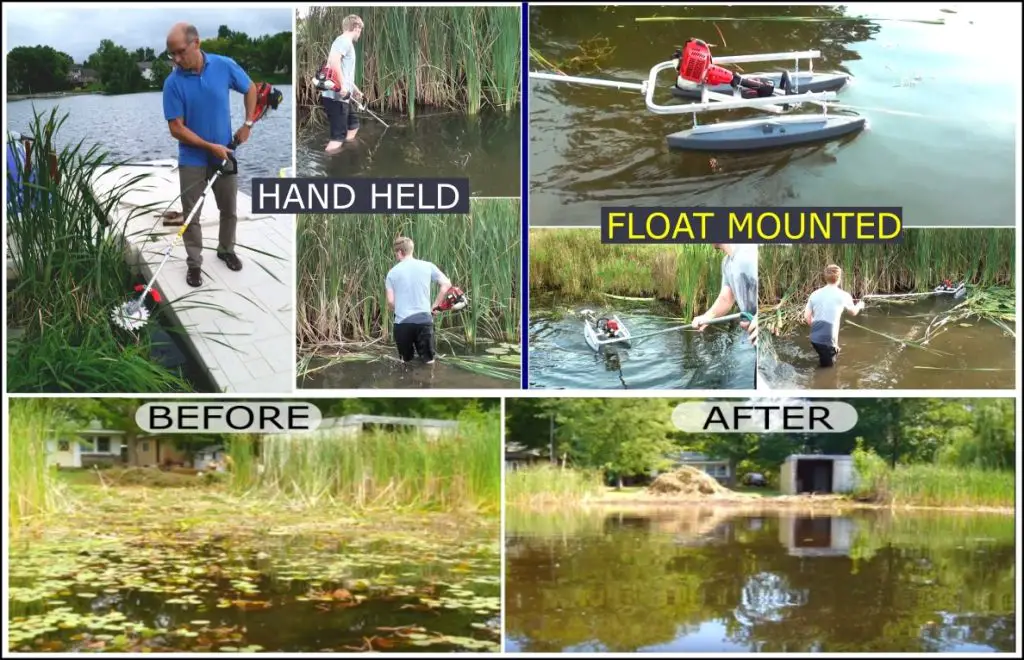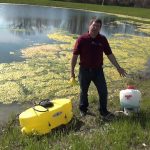Cattails are plants that can quickly take over a pond, causing issues for aquatic life and hindering the overall health of the ecosystem. If you’re dealing with an overgrowth of cattails in your pond, it’s essential to take action to manage and control their spread. Here are some effective methods to help you get rid of cattails in a pond:
1. Manual Removal
One of the simplest ways to control cattails is by manually removing them. You can use a shovel or a rake to cut and pull out the cattails from the roots. Make sure to remove as much of the root system as possible to prevent regrowth.
2. Cutting and Trimming
Regular cutting and trimming of cattails can help prevent them from spreading further. Use a sharp tool like a scythe or a specialized aquatic weed cutter to cut the cattails at the base. Make sure to dispose of the cut cattails properly.
3. Chemical Control
Using herbicides can be an effective method to control cattails in a pond. Selective herbicides that target aquatic plants can help eliminate cattails while preserving other plant life in the pond. Make sure to follow the manufacturer’s instructions carefully when using herbicides.
4. Barrier Installation
Installing physical barriers at the edges of the pond can help prevent cattails from spreading further. Use materials like pond liners or geotextiles to create a barrier that restricts the growth of cattails into other areas of the pond.
5. Biological Control
Introducing natural predators of cattails, such as certain species of insects or fish, can help control their population. Biological control methods can be a sustainable way to manage cattails in a pond without the use of chemicals.

Credit: www.wikihow.com

Credit: www.thepondguy.com
6. Regular Maintenance
Consistent maintenance of the pond, including regular removal of debris and organic matter, can help prevent cattails from thriving. Ensure proper water circulation and aeration to create an environment less favorable for cattail growth.
7. Consultation with Experts
If you’re facing a severe cattail infestation in your pond, it may be beneficial to seek advice from pond management professionals or environmental experts. They can provide specialized solutions tailored to your specific situation.
By implementing these strategies and staying proactive in managing cattails in your pond, you can maintain a healthy aquatic ecosystem and enjoy a more visually appealing water feature. Remember to combine different methods for the most effective control of cattails while preserving the overall balance of the pond.




